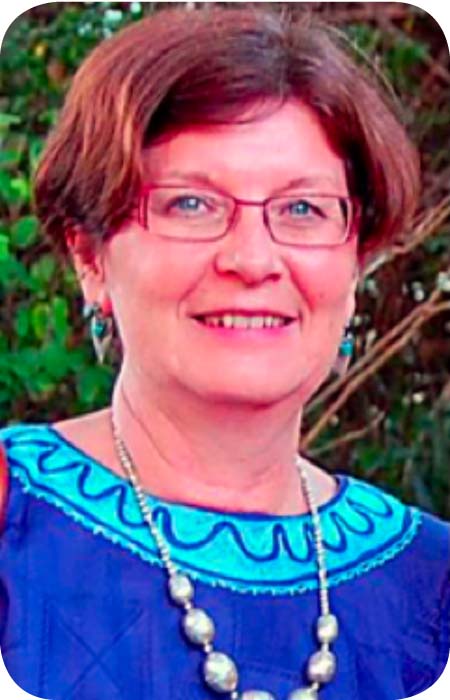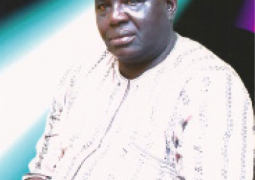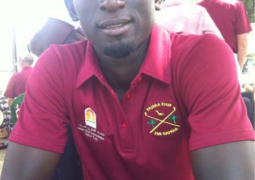
EU Charge d’ Affaires Madam Agnes Guillaud said issues of women’s rights including female genital mutilation and other harmful traditional practices should be effectively addressed for the country to achieve its development objectives including the MDGs.
In view of this, the Delegation of the European Union to The Gambia recently launched a project in Foni Jarrol District dubbed ‘Women’s empowerment for change’.
The project financed by the EU to the tune of D10.5 million aims to promote women’s rights by empowering vulnerable women and raising awareness about their rights as human beings.
“It [the project] is focused on economic empowerment and reducing violence against women, including female genital mutilation,” Madam Guillaud said.
Widespread domestic violence
She noted that issues like domestic violence should be effectively addressed “in order not to hamper the efforts to achieve our shared development objectives, including the MDGs”.
The EU charge d’ affaires said:“Indeed domestic violence remains a widespread problem in the country.FGM and other harmful traditional practices are still widely perpetrated, especially in rural areas. Such is also early marriage, which can conduct to health complications and sometimes death, not to mention the missing out on education.”
Madam Guillaud said economic dependency is another issue the EU together with its partners is highly committed to addressing.
In The Gambia, as in many other countries in the world, gender inequality and poverty are closely related, she explained.
Besides lacking financial resources, she said women have unequal access to other basic goods and services including employment, information, educations, healthcare, and access to all their basic human rights guaranteed by various international and local legislations.
Significant progress
The EU Charge d’ Affaires said in The Gambia significant progress has been made in the past decades to promote gender equality and women empowerment, despite widespread domestic violence
She noted that The Gambia government has made “remarkable” efforts to address domestic violence and other harmful traditional practices and that the EU will continue to support initiatives willing to tackle inequality and social injustice.
According to the senior EU official, the Union is committed to gender equality which she said has been identified as one of the five essential principles of EU cooperation strategies.“Equal opportunities and access to resources for both men and women are essential to eradicate poverty and to achieve all MDGs.”
The Foni Jarrol project is one of three programmes funded by the EU and implemented by the NGOs amounting to more than D44 million, as part of its initiatives to improve women’s rights in The Gambia.



